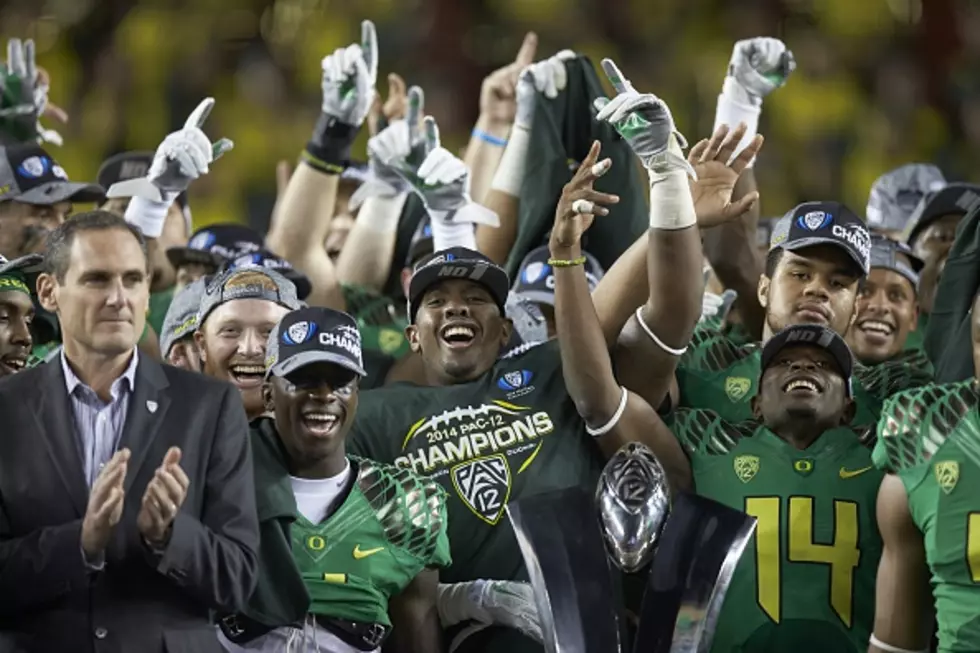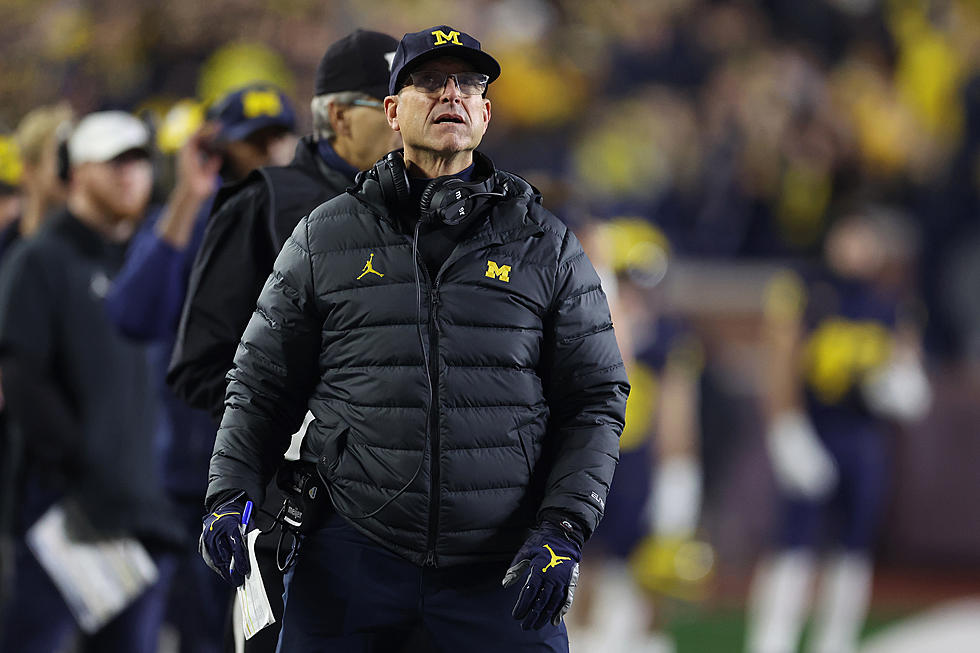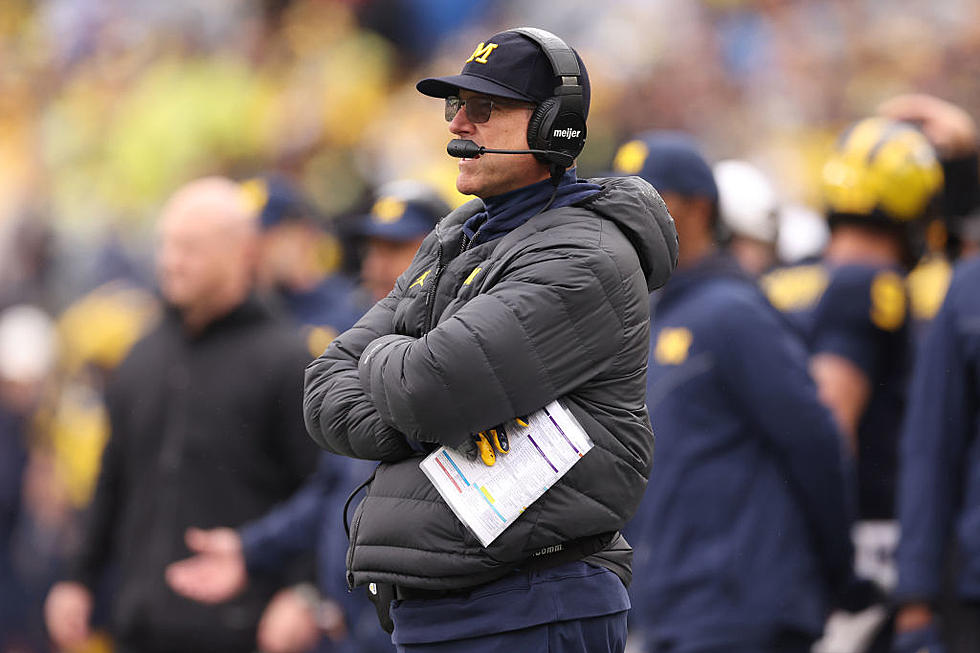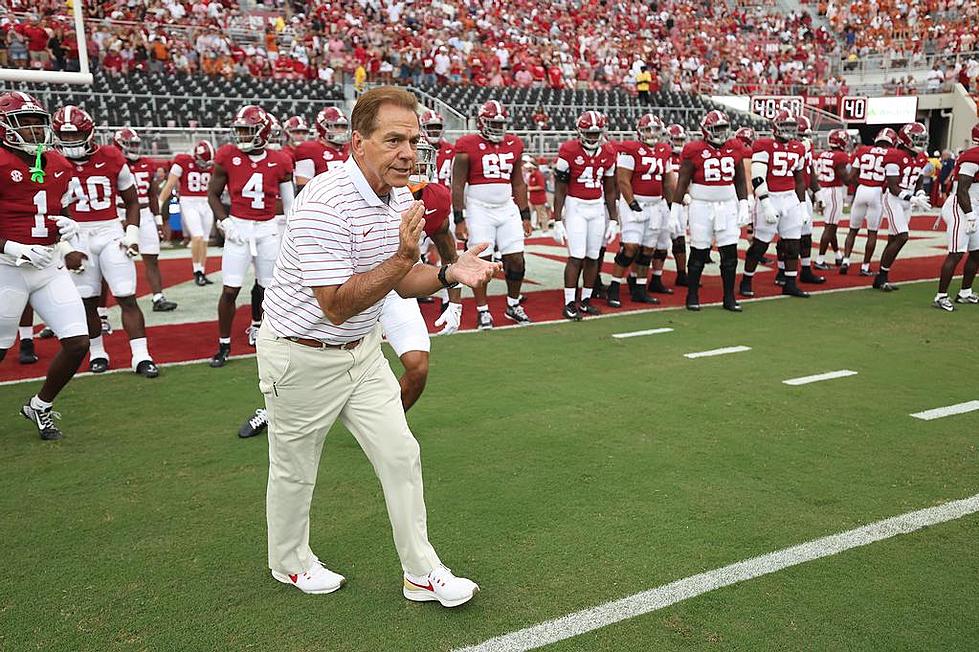
Athletes Are Too Tired to Study Appropriately
According to a recent survey of Pac-12 student athletes, the results say that they spend up to 50 hours per week on their respective sports, ultimately preventing them from studying at an adequate level.
CBS Sports first reported this earlier today, as they were given the results that still remain unreleased for public use, which doesn't just include practice times, but also travel times to and from practices/games/events and studying film.
Student athletes are limited to a maximum of four hours a day of practice, and at maximum 20 hours per week. However, there are 30 more hours coming from somewhere that are taking up the athletes' time, making it more difficult for them to focus on their academic work.
I am a firm advocate for collegiate athletics and for giving athletes a platform to compete at a high level. At the collegiate level, an athlete will never play with or against a "bad" player. The competition is fierce, and the rivalries are unmatched across the world. It represents how competitive the real world is and shows how much discipline and teamwork is necessary in accomplishing any goal.
There's always a "but" though...
But I'm not alone. Literally tens of millions (and possibly hundreds of millions) of people feel the same as I do, and with this comes a certain expectation of "fairness." Some say that it isn't fair that these athletes have to spend so much time (reportedly 50 hours a week) to hone their athletic skill sets, while not being compensated for said "work."
And in some sense, yes I can see how they're being used.
However, the NCAA says that the maximum amount of mandatory time that a team can practice per week is 20 hours, no more than four hours per day, in an organized fashion. The athletes are choosing to spend 150% more time studying and practicing their sport; they aren't being forced to do anything.
Alabama head football coach Nick Saban recently said in a press conference that some players have the illusion that they can make whatever choices they want to make. He followed that up with a comment that should strike a nerve with everyone:
"The fact of the matter is if you wanna be good, you really don't have a lot of choices, because it takes what it takes."
One thing that gets lost in this message is that when athletes decide to takes their talents to the collegiate level, that is a choice. They still have the choice to either play or not play.
Having a freedom of choice doesn't give a freedom of consequence. No matter what choices anyone makes, then at least one consequence will happen. When an athlete chooses to play collegiate athletics, then they know the situation they are getting into; they know the sacrifices that they have to make in order to be successful; they know that they can choose to quit playing whenever they want to.
Nobody is twisting their arms to practice, it isn't mandatory (in fact, it's an NCAA violation to make practice mandatory past the four hour/20 hour limits). Simultaneously, if an athlete chooses not to put in this extra time, their coach can also choose not to play them, or can even choose to kick them off the team.
I don't often disagree with Saban, but everyone does have a freedom of choice, and this includes collegiate athletes. Sure, certain circumstances may seem to limit certain choices, and one may see this situation as an illusion of freedom of choice, but there are always other options.
Yes, to be good, an athlete must sacrifice time and effort in order to compete at a comparable level as their competition, but don't forget that they still have the choice to not play. Once one commits to a sport in college, since the competition is so demanding, the necessary consequence is a sacrifice from the athletes themselves.
Again, I love the purity and passion of collegiate athletics. Those athletes play along side friends, not just co-workers. They play in front of their classmates, not just random fans with possibly no direct connection to the team whatsoever. They play for school pride, not just a financial milestone like professionals do.
While more could be done, in theory, to help athletes manage their time better, they, at least for the foreseeable future, have to choose whether they focus on academic work or athletic work. And since a vast majority of collegiate athletes will never play professionally, time consumed by academics should significantly outweigh time consumed by athletics.
More From Tide 100.9









